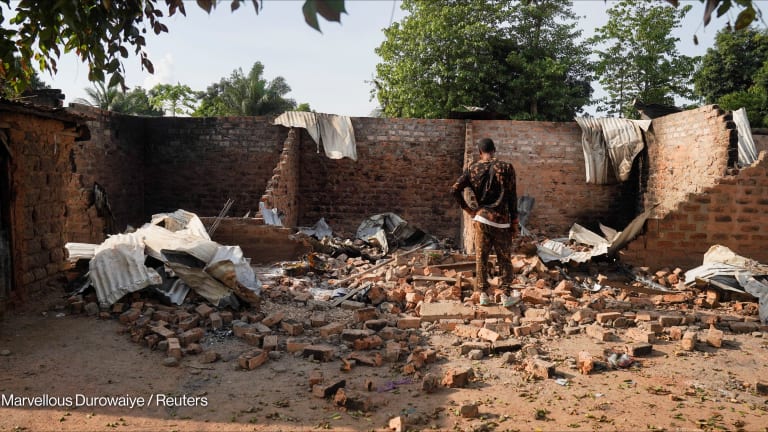The U.S. government is likely to submit to Congress specific strategies for the five countries and regions selected for Global Fragility Act implementation “sometime this year,” according to Anne Witkowsky, assistant secretary of state for the Bureau of Conflict and Stabilization Operations, or CSO.
The law, meant to revolutionize the U.S. approach to conflict-affected and fragile states by adopting a prevention approach to head off conflict, was passed in 2019. But it has faced years of bureaucratic delays and the executive branch has missed multiple Congressionally-mandated deadlines.
CSO and its counterparts in the U.S. Agency for International Development and the Department of Defense are working with U.S. embassies and partner governments to develop the strategies as required by the law, Witkowsky said in an interview.
This story is forDevex Promembers
Unlock this story now with a 15-day free trial of Devex Pro.
With a Devex Pro subscription you'll get access to deeper analysis and exclusive insights from our reporters and analysts.
Start my free trialRequest a group subscription







